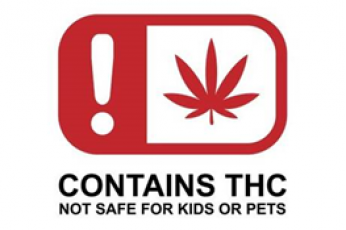



States around the country have either legalized recreational cannabis or are considering doing so. The Maryland Chapter of the National Council on Alcoholism and Drug Dependence (NCADD-Maryland) commissioned this report, with funding support by the Abell Foundation, to identify the actions and outcomes of other states that have legalized recreational cannabis, with a particular focus on public health policies. The report is intended to identify best practices for Maryland lawmakers on what public health approaches should be taken in the process of legalizing cannabis for recreational adult use, should the State decide to move in this direction.
Based on conversations with professionals from other states and available research, NCADD-Maryland identified the following major public health policies related to recreational cannabis use:
Policies Addressing Consumption– Advertising and Packaging
Nearly all states that have legalized recreational cannabis have advertising and packaging policies to curb cannabis use amongst adolescents and vulnerable populations. Advertising and packaging restrictions are particularly important because the risks of negative health effects associated with cannabis use are not widely recognized by the public.
Public Health Education Campaigns
Negative health impacts can be a result of heavy cannabis use. Other states have found public health messaging and policies that fund, require, and support educational campaigns are effective ways to minimize adverse outcomes in high-risk groups such as adolescents, people with mental health disorders and pregnant women.
Policies Related to Potency and Mitigating Negative Public Health Impacts
Potency is an emerging issue as more states legalize recreational cannabis. As cannabis products become more diverse, THC potency has increased and the methods of use have changed significantly.
Fee Structures to Promote Public Health
The “war on drugs” policies in the United States have resulted in mass incarceration of primarily Black and Hispanic males, undermining public health in these communities. Black and Hispanic individuals are also less likely to complete addiction treatment. Legalizing cannabis provides an opportunity, through revenue generation, fees, and taxes, to reinvest in communities that have been historically impacted by discriminatory practices.
Other Public Health Policies including public use, driving safety, governing structures, and data collection
—
The report offers a series of recommendations for Maryland that draw on these best practices and lessons learned from public health policies in other states.